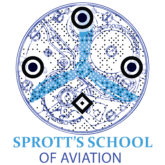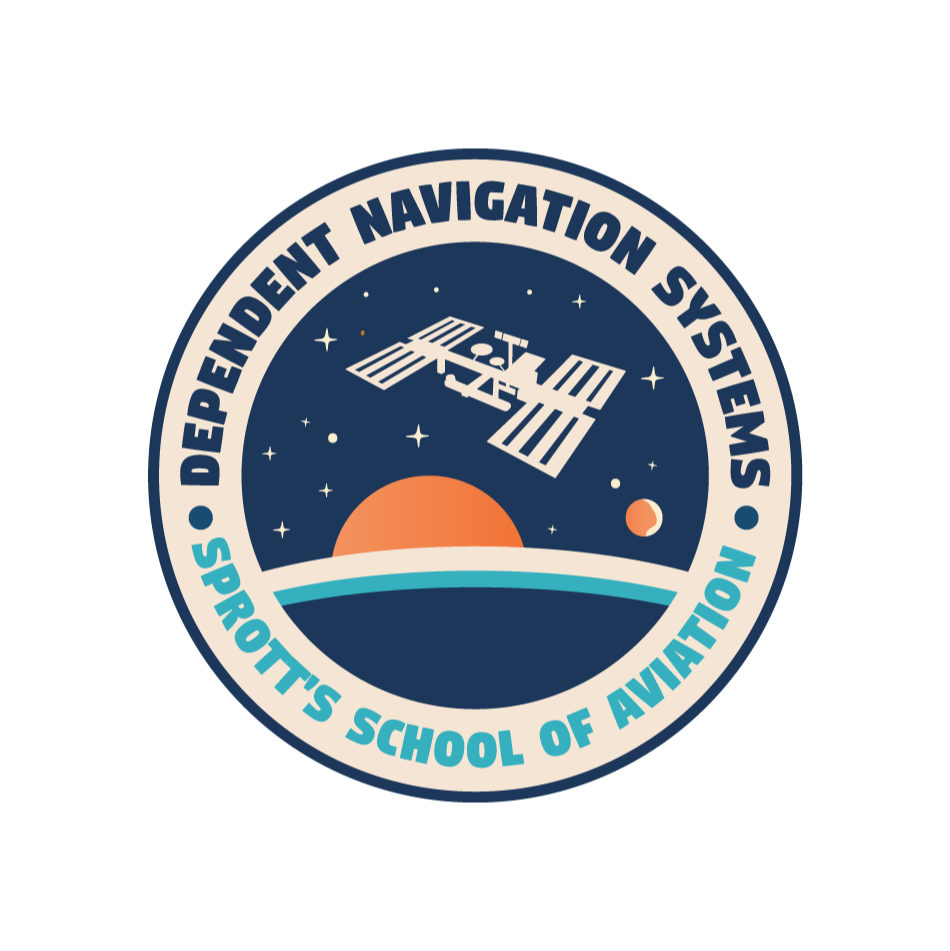Dependent Navigation Systems (DNS) have evolved significantly since their inception, mirroring the broader advancements in aviation technology and navigational methodologies. Originally, air navigation was heavily reliant on ‘dead reckoning’ and celestial navigation, both of which had limitations in terms of accuracy and reliability. The introduction of radio navigation systems in the mid-20th century marked the beginning of what we now categorize as dependent navigation systems. These systems, including VHF Omnidirectional Range (VOR), Distance Measuring Equipment (DME), and Automatic Direction Finder (ADF), among others, depend on external references—typically ground-based stations or satellites—to provide precise positional data. Over time, these systems have become more sophisticated, incorporating advancements like the Global Positioning System (GPS) and Instrument Landing System (ILS) to offer more reliable and precise navigation solutions. As such, DNS have played a pivotal role in enhancing the safety, reliability, and efficiency of air travel, becoming indispensable in modern aviation.
The Dependent Navigation Systems (DNS) AET-Endorsement is a specialized accreditation in avionic systems maintenance that equips maintainers with the requisite knowledge and skills to oversee a variety of navigational technologies. Emphasizing safety as a foundational principle, the endorsement covers the nuts and bolts of various systems, from the hardware level of antennas to the functionality of complex tools like GPS. Maintainers learn not only how to install and calibrate these systems but also how to troubleshoot them, thereby enhancing aircraft safety and navigational accuracy.
Further, the DNS AET-Endorsement provides a comprehensive framework for understanding both legacy and modern navigation systems. Maintainers trained in older systems like VOR and ADF gain the skillset to ensure these technologies interface effectively with more contemporary systems like GPS and ILS. Additionally, the training delves into specialized equipment like DME for accurate distance measurements and ILS for secure landings in poor visibility. Overall, this specialized training program serves as an invaluable resource for ensuring the reliable operation of crucial navigation systems, which are essential for the safety and effectiveness of air travel.


